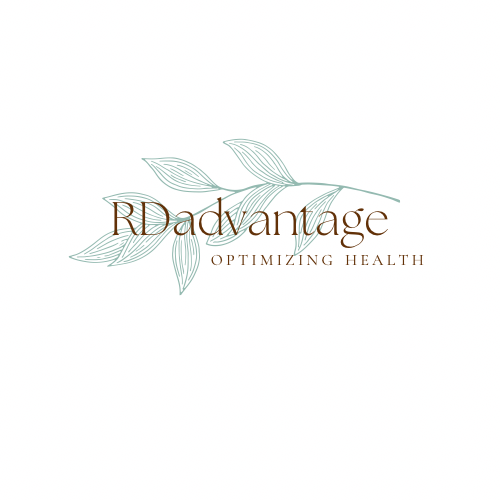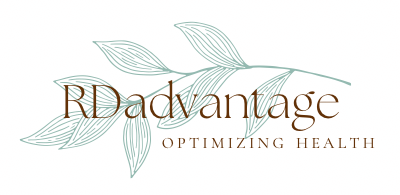Cravings or Habits?

As a Registered Dietitian, I take into consideration a client’s cravings and habits. It’s important to know because it could be important clues to what health issues might be going on or even to track how things are going.
Let me try to explain.
Cravings are a really strong desire for something.
Habits are a practice you do regularly quite often automatically.
Eating popcorn while watching a movie could be a habit. It’s something you want to do and you always have popcorn while watching movies. You might not even question it. Movie = popcorn. It’s not an addiction, you’re not even hungry, you’re not even craving it. As for me, I used to just eat popcorn or chips while watching tv late at night because it was a bad habit.

Having a strong desire to have pickles and ice cream when a woman is pregnant is a craving. I used to have strong cravings for super dark chocolate. It wasn’t at a particular time or place or associated with anything. The craving or desire came and I really wanted it. Some people go so far as to go out in the middle of the night to fulfill their craving. Almost like an addiction and a craving could certainly become an addiction.
My point in writing this is try to explain the difference between cravings and habits and why different dietary approaches are different depending on which one it is.
If you crave a particular food, then it could be due to a:
- deficiency in a vitamin or mineral. A craving for dark chocolate could be a magnesium deficiency. A craving for dirt could be an iron deficiency.
- gut dysbiosis or candida overgrowth. A craving for sweets could be the yeast wanting to be fed and candida growth and survival depends on sugar intake.
- deficiency or imbalance of neurotransmitter. A craving for starches or carbohydrate rich foods could possibly be your body trying to get more serotonin.
- an overall nutrient deficiency especially if your overall diet is high in calories but low in nutrients like the Standard American Diet (SAD). This could lead someone to overeat or surpass their calorie/fat threshold.
There’s a lot more to it than what I just mentioned above, but that’s a start.
A habit is more automatic so it has to do more with your mind and willpower to brake the habit, so my approach to breaking habits is more mental rather than any nutrition deficiency. It’s important to know the difference so you can get to the root cause. To break a habit of eating extra buttered movie popcorn at the movies, you really need a willingness and the willpower to do it. It will be hard, absolutely, but it is a must.

Depending on the person, a diversion or making “swaps” could be helpful. Instead of eating while watching a movie or tv, pet your cat or dog, brush your hair, choose a healthier snack or drink, chew gum.
It’s important to address the cues that is triggering your habits too and understand what is the “reward” that you get. This is a process of being open and observant and I can help you through this process.
Knowing who you are and what “style” suits you best – are you an “all or nothing” sort of person or are you “take it slow and easy” sort o person?
Someone could have both a craving and a habit at the same time. Sometimes a craving becomes a habit. Eating dark chocolate at night could be both a craving and a habit. If this is case, I would tackle the root cause of the craving and address the habit.

I hope this helps and you take the appropriate action to tackle your craving or habit. Soon, you’ll be free of your cravings and habits.
If you want help from me, a Registered Dietitian, I would love to help. Click on the link below to contact me:

Disclaimer
Onki Chan, MS, RD is a Registered Dietitian (Nutritionist).
Information contained in this website http://www.RDadvantage.com is provided for general educational purposes only and is not intended to constitute (i) medical advice or counseling, (ii) the practice of medicine including psychiatry, psychology, psychotherapy or the provision of health care diagnosis or treatment, (iii) the creation of a physician patient or clinical relationship, or (iv) an endorsement, recommendation or sponsorship of any third party product or service by the Sponsor or any of the Sponsor’s affiliates, agents, employees, consultants or service providers.
These statements have not been evaluated by the Food and Drug Administration. The information is not intended to diagnose, treat, cure, or prevent any diseases. If you have or suspect that you have a medical problem, contact your health care provider promptly.
